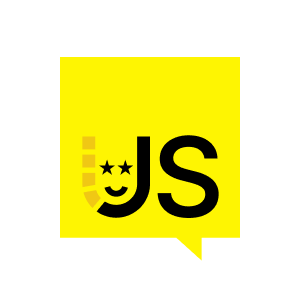Alright. How's everybody doing? Okay. Hello, everyone, and thank you so much for being here and I didn't expect we have so many of you here, so thank you.
I'm so glad to be here at JS Nation.
So, first let me introduce myself a little bit. Okay, it worked. Okay. And yeah, my name is Anthony Fu, and I'm a co-member of Vite, Vue, and Knox, and also the creator of Vite's LightDev, Uno CSS Type Challenges, and Elk. I'm also the maintainer of ESLink, StylistLink, and Cheeky2slash. I'm currently working at Nuzlab on the framework team and you can find me on the links, with the links below.
So, as you can see that I'm pretty enthusiastic about open source and driven me into working in many projects. So, I love building tools and figuring out the problems I encounter. Like, for example, like the slide you are looking at is powered by SlideF, a markdown-based presentation tool that's built on top of web technologies. It's born when I find that existing tools was not flexible enough for me to present my code. So, similarly, when I look into ESLink and its ecosystem a few months ago, I find that many things are very interesting but it's not yet fully explored. So, today I'd like to share with you some of my findings and practice during my recent explorations around it. And actually, this is, like, a 30-minute talk but I find that I only have 20 minutes, so I need to rush it and hope you don't mind.
11 years since ESLink comes out, at this moment, it's easily one of the most popular tools that's basically every project we use. And despite its being around for such a long time, it's a tool that's still consistently improving and evolving. And today, I'd like to give a board ambitious topic like ESLinks One for All Made Easy, and to share with you some of the new perspective and the patterns of using ESLink with the latest features they just rolled out.
So, you probably have heard, like, ESLink version 9.0 just released roughly two months ago, and the main highlight is the major version is rolling out the new configuration system called Flat Config. So, before we start, I'd like to do a quick survey here, like, have you ever heard about, like, ESLink Flat Config? Could you please raise your hand for me? Okay. That's a lot. Okay. And how many of you are already using or migrate to ESLink? Okay. That's a few, like, 20-something? Okay. Good. Okay. Thank you. And so, for those who haven't on Flat Config yet, so, today, I'm here to tell you why you should.

















Comments